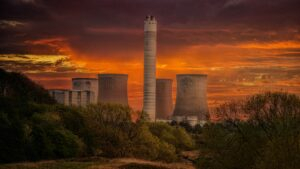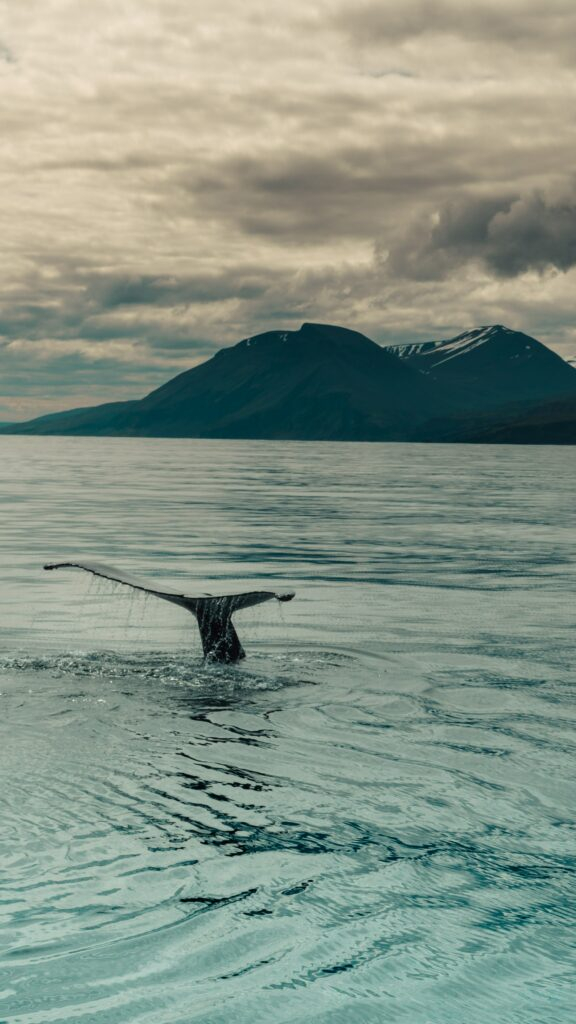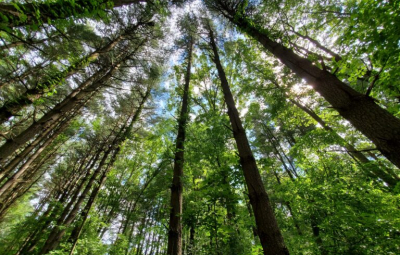Greenland holds parliamentary elections these days. Ample opportunities for a statistical mind to wonder if the world has gone mad. Being on the cusp of retiring from about 10 years in the political circus I do know well that the object of desire is not truth, but votes. I know that if a large enough segment of potential voters has a firm belief, it is risky to estrange them with facts.
For years now, a potential Rare Earth Elements (REE) mine has been in the works in South Greenland. In fact, two different ones are being proposed. One of them – Kuannersuit (Angelica mountain) – will be close to a town and will have uranium as a byproduct. The amount of uranium is small by any standard. Less than 2% of the product being shipped out will be uranium and it will amount to much less than 1% of the global uranium output. From an environmental point of view, it is on the list of concerns, but very low. There are plenty of other things to worry about – fluoride, lead, a tailings pond that may or may not be stable for 1000 years, an entire chemical plant. All those concerns are being addressed, but one of the biggest points of opposition to the mine comes from the idea that uranium is inherently bad. One of the two large parties vying for power in Greenland has as one of its core principles an opposition to nuclear materials in general and uranium in particular. As late as 2018 they proposed a national referendum on uranium and other nuclear materials. (See news article here – in Danish).
One of the stranger things in the recurring debate is a 2013 decision to rescind an earlier zero tolerance for uranium extraction in Greenland. The strangeness of the decision stems from the complete lack of documentation that a zero tolerance was ever enacted (news article here).
Since this issue keeps cropping up in every election, it is about time to ask a very fundamental question: How bad is uranium, and nuclear power in general?
Short answer: About on par with solar cells and windmills.
There is even no real need to do the math. The math has been done extensively and the results are readily available on the internet. I realize of course that “readily available” and “trustworthy” sometimes get interchanged on the internet. Assuming I have the right facts, these are some things to contemplate:

- Most nuclear power will replace coal.
- A coal fired power plant releases more radiation than a nuclear power plant. This is due to the fly-ash emitting radiation. Granted the amount of radiation is very small, but the radiation from a nuclear power plant is even smaller.
- The worst nuclear disaster in the world was Chernobyl, where estimates of premature deaths due to radiation are in the range of 4000 to 9000 (though one study says 3000 to 33000). That sounds like a lot. But compare that to around 200 000 deaths from air pollution stemming from fossil fuels each year in the US alone. The annual global number of deaths is in the 5,000,000 range. And how many died directly from the accident? 28.
- The second most severe accident was Fukushima. The total number of deaths from radiation was 1. In contrast, 2202 people died during the evacuation leading to the counter intuitive conclusion that people would have been about 1000 times better off staying put.
- Per tera-watt generated; the number of deaths due to pollution is about 1000 times as high for coal as it is for nuclear. This is before calculating the costs of coal’s contribution to climate change.
The conclusion is staggeringly one sided – the upside to uranium is so much greater than the downside – that basing opposition to mining solely on a very small fraction of uranium is simply wrong. If we include the fossil fuels saved by the REE’s contribution to fossil free energy the equation becomes even more lopsided.
Greenlanders are not immune to rational arguments in general. Whale hunting is the one topic where we all come down on the side of science and logic.
The anti-whaling arguments fall in two broad categories.
- Whales are sentient species and should not be killed.
- Whales are endangered.
I will for now ignore the “we should all eat plants” arguments. Plants require soil and growing degree days; we do not have enough of either in Greenland. It also happens to be an extremely culturally insensitive point of view.
The sentient species argument is not directly amenable to statistical analysis. The closest thing to linking sentience to size is an allometric analysis that describes the relative size of organs in a body – the brain for instance. Most research puts the scaling factor for brains vs. body mass at 0.75 – meaning that if a whale is roughly 1,000 chickens, then it has the sentience of 750 chickens. The choice is then stated as killing 750 chicken sentiences or 1,000. This is not entirely unlike the argument used to bomb Hiroshima – choosing one very large bomb over a drawn-out war that would likely kill many more.

The ‘whales are endangered’ argument is at best ludicrous. It would make as much sense to ban all bird-hunting because some bird species are endangered. Yes, the spotted owl is threatened, but that should not stop duck hunters.
One of the most contentious whale hunts in the world is the southern hemisphere mike whale hunt carried out by Japanese whaling boats. The number of whales harvested each year is less than 1000 from a population estimated to be somewhere in the 700,000s. A take of 1 in 700 is sustainable, no other math required. Nonetheless, the hunt attracts a lot of attention and even eco-terrorists.
The larger question is why people will readily accept logical arguments in one area but completely reject them in another. But that is not a question for a statistician – some social scientist will have to answer that one.





